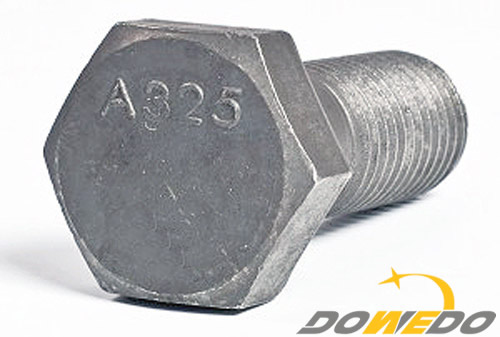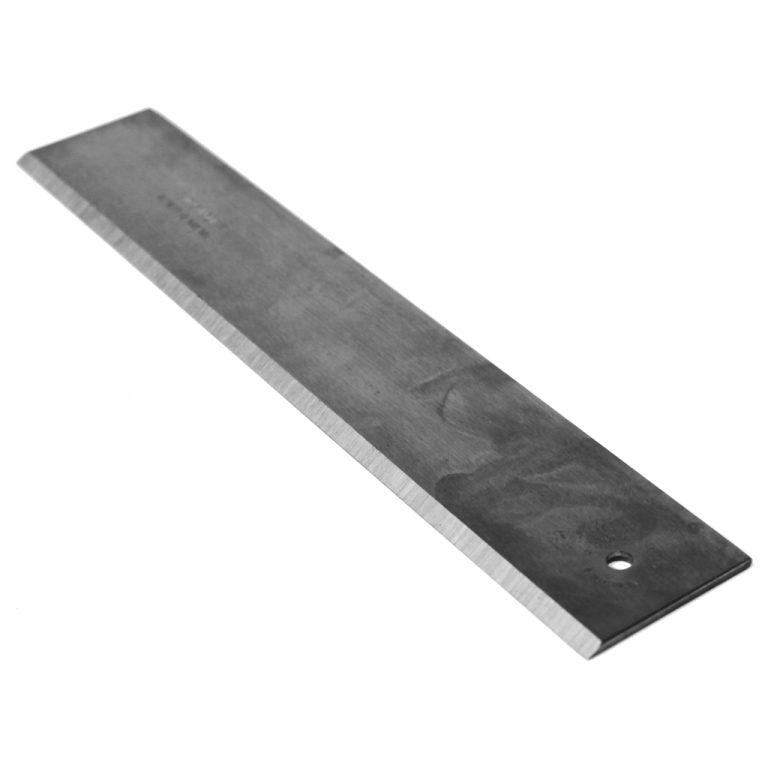Navigating the Realm of Lubricants: An In-Depth Manual
The world of lubricants is a critical domain that ensures the seamless functioning of machinery and equipment across diverse industries. In this article, we will explore the intricate details of lubricants, addressing common queries, and applications, and emphasizing the pivotal role of lubrication in various sectors.

What constitutes a lubricant, and what is its operational mechanism?
A lubricant is a substance designed to diminish friction between moving surfaces. Its functionality lies in creating a protective layer between two surfaces, preventing direct contact and minimizing wear and tear. Lubricants come in the form of oils, greases, or solid lubricants, each tailored to specific applications.
What are the principal applications of lubricants?
Lubricants play a vital role in numerous industries, including automotive, manufacturing, aviation, and beyond. They are crucial for the proper functioning of engines, gears, bearings, and other mechanical components. In the automotive sector, lubricants enhance engine efficiency and longevity, while in manufacturing, they facilitate seamless production processes.
How does one select the appropriate lubricant for a specific application?
Choosing the right lubricant involves considering factors such as temperature, load, speed, and environmental conditions. Different applications may necessitate specific types of lubricants. For instance, high-temperature environments may require synthetic lubricants, whereas heavy machinery might benefit from greases with exceptional load-bearing capacity.
Can lubricants be used in conjunction with geomembranes?
Indeed, lubricants play a pivotal role in the installation and maintenance of geomembranes. Geomembranes, impermeable membranes used in construction and environmental projects, such as landfill liners and containment ponds, can benefit from lubricants during installation. Lubricants assist in the smooth unfolding and positioning of geomembranes, ensuring proper alignment and minimizing the risk of damage.
In summary, lubricants are indispensable in diverse industries, contributing to the longevity and efficiency of machinery and equipment. A comprehensive understanding of the right lubricant for specific applications is essential for optimal performance. Moreover, the integration of lubricants with geomembranes underscores their versatility in varied fields, highlighting their significance in construction and environmental projects.





